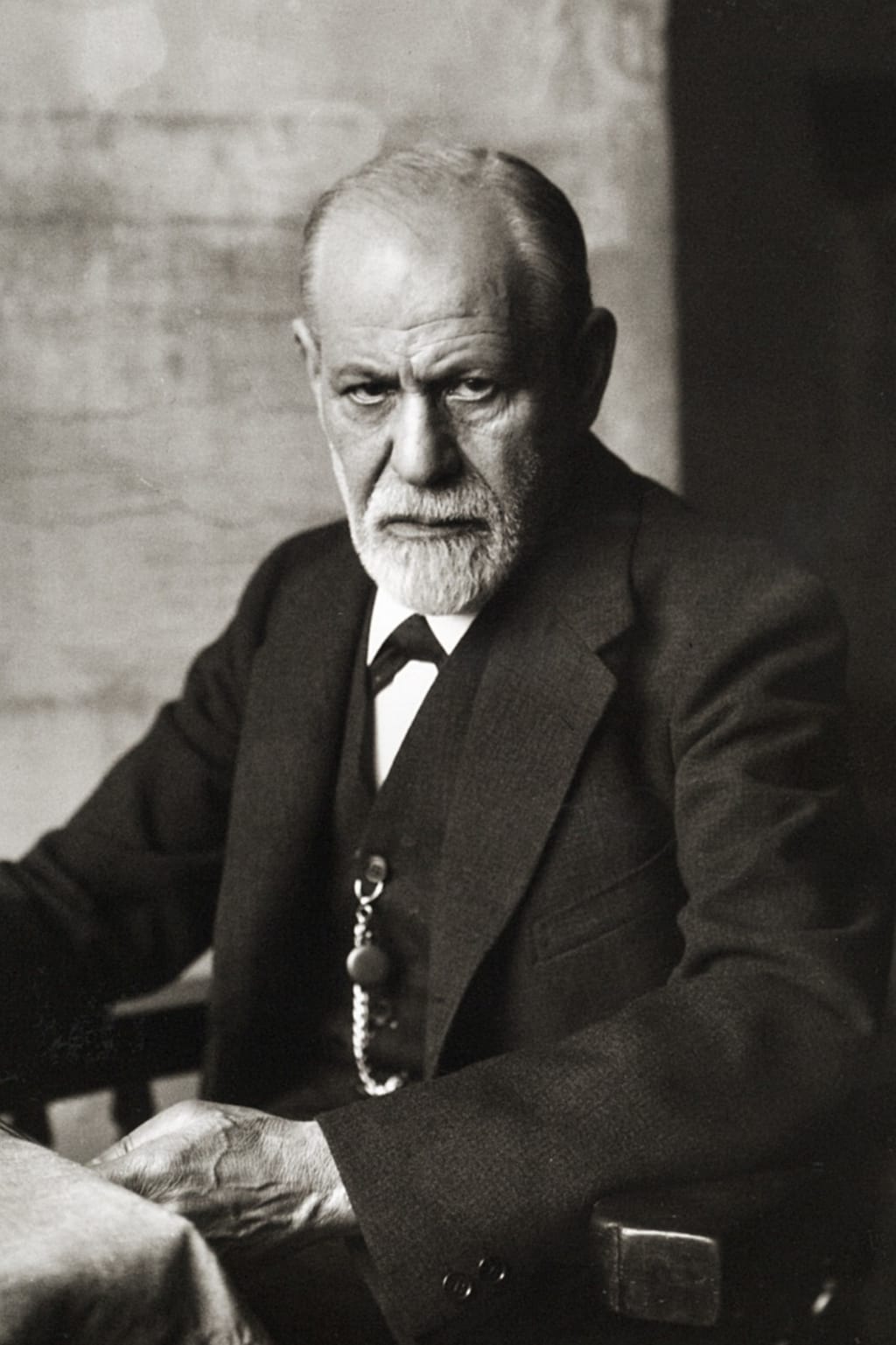Sigmund Freud's Developmental Stages: Unraveling the Layers of Human Psyche
Journeying Through Freudian Theory: Exploring the Intricate Phases of Psychological Growth

Sigmund Freud, a name synonymous with the realm of psychology, introduced groundbreaking theories that revolutionized our understanding of the human mind. One of his most influential contributions lies in the concept of developmental stages, a framework that delves deep into the intricacies of human psychological growth. As we journey through Freud's developmental stages, we uncover a tapestry of emotions, desires, and conflicts that shape our very essence.
The Unconscious Unveiled: Freud's Influence on Modern Psychology
Sigmund Freud, an Austrian neurologist and the father of psychoanalysis, introduced revolutionary ideas that redefined the landscape of psychology. Born in 1856, Freud's exploration of the unconscious mind led to groundbreaking insights into human behavior, paving the way for a more profound understanding of the complexities that lie beneath the surface of consciousness.
The Psychosexual Developmental Stages: Unraveling the Phases
Central to Freud's theories are the psychosexual developmental stages, a series of phases that he believed individuals pass through during their early years. Each stage is characterized by the focus on a specific erogenous zone and the psychological conflicts associated with it. These stages, if not navigated successfully, could lead to fixation or unresolved issues that shape adult behavior.
1. Oral Stage: Nourishing the Self
The first stage, the oral stage, centers around the mouth as the primary source of pleasure and exploration. During infancy, individuals seek comfort and satisfaction through activities like sucking and biting. A balanced transition through this stage forms the foundation for trust, security, and the ability to form healthy relationships.
2. Anal Stage: The Battle for Autonomy
The anal stage, occurring during the toddler years, revolves around the struggle for autonomy and control. The focus shifts to the anus, and toilet training becomes a pivotal point of tension. Successful navigation fosters a sense of competence and independence, while unresolved issues may lead to traits of stubbornness or excessive orderliness.
3. Phallic Stage: The Oedipus Complex
The phallic stage introduces the Oedipus and Electra complexes, where children develop feelings of attraction towards the opposite-sex parent and rivalry with the same-sex parent. This stage, occurring between ages 3 to 6, lays the groundwork for the superego—the moral compass of the psyche. Successfully navigating this stage leads to a healthy sense of identity and morality.
4. Latency Stage: A Pause in Eros
Between the ages of 6 to puberty, the latency stage provides a period of relative calm as sexual impulses are subdued. Focus shifts to social interactions, friendships, and the development of cognitive skills. It's a crucial stage where individuals form a sense of competence and belonging within their peer groups.
5. Genital Stage: Integration and Maturation
The final stage, the genital stage, marks the onset of adolescence and adulthood. Sexual energy resurfaces, and individuals seek emotional intimacy and fulfillment through mature relationships. Success in this stage signifies the ability to form healthy, loving partnerships, while unresolved issues can lead to difficulties in forming lasting connections.
Relevance and Critique: Analyzing Freudian Theory
Freud's developmental stages continue to influence modern psychology, but they are not without their critiques. While his theories have provided profound insights into human behavior and have shaped the foundation of psychoanalysis, some aspects have been met with skepticism. Critics argue that the theory's emphasis on sexuality and its heteronormative assumptions may not fully encompass the complexities of human development.
The Freudian Legacy: A Conclusion
As we journey through Sigmund Freud's developmental stages, we discover a tapestry of psychological growth, shaped by unconscious desires, conflicts, and emotions. These stages shed light on the intricate layers of human experience, offering a lens through which to understand the interplay between our early years and our adult selves.
Freud's legacy extends beyond his developmental stages, permeating the broader field of psychology and influencing a myriad of disciplines. While his theories may continue to be debated, his pioneering spirit in probing the depths of human psyche has forever left an indelible mark on our understanding of ourselves.
About the Creator
Lakshay Sharma
Turning random things into the text.






Comments
Lakshay Sharma is not accepting comments at the moment
Want to show your support? Send them a one-off tip.